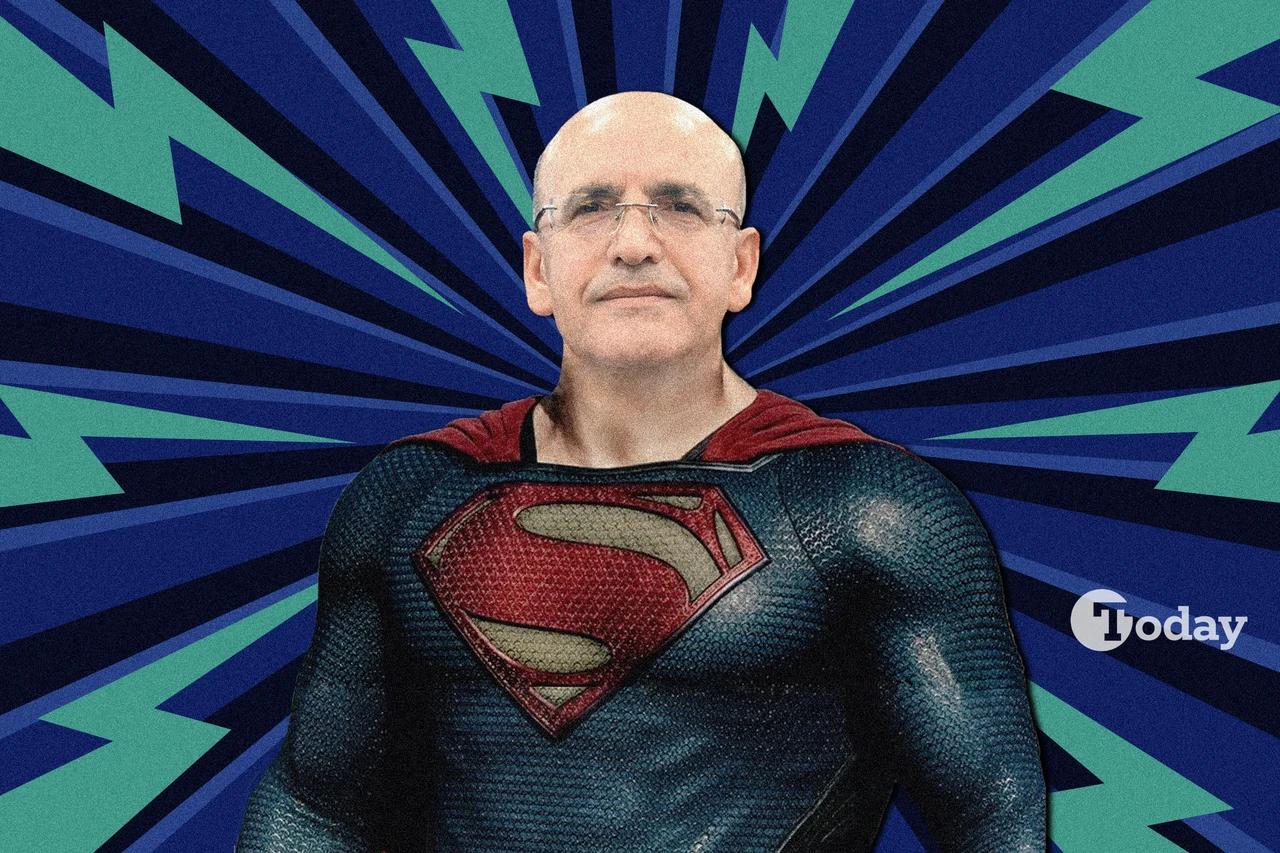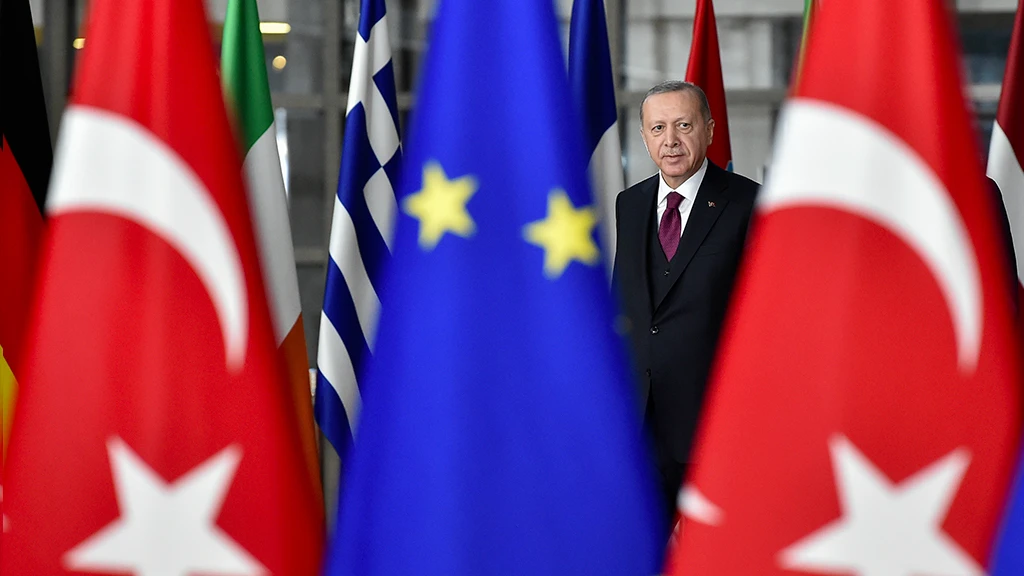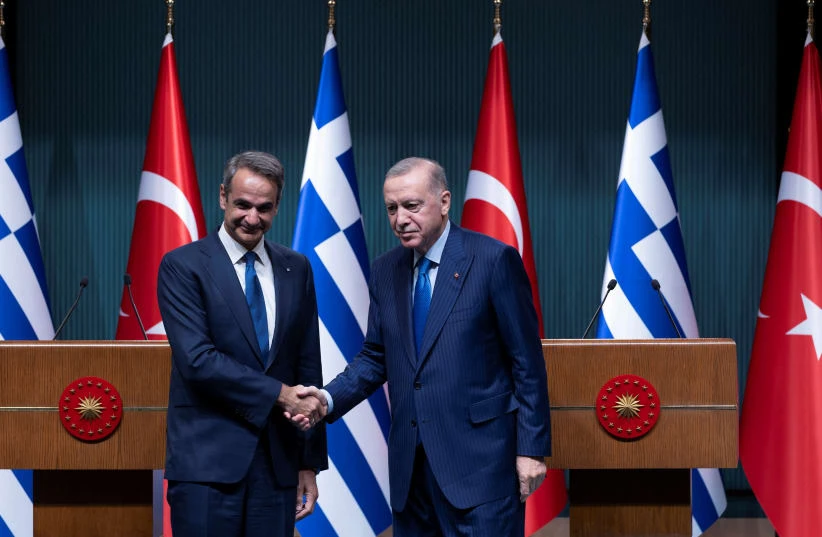Türkiye’s minimum wage vs Mehmet Simsek: Who will win?
 Collage prepared by Türkiye Today team
Collage prepared by Türkiye Today team
The debate over a minimum wage increase has been ongoing for the past two months, as nearly 10 million people in Türkiye earn minimum wage. It’s a politically sensitive issue for the Turkish government amid its “intense fight” against inflation.
The increase, affecting a significant portion of Türkiye’s population, could influence inflation figures depending on its scale. If it falls short of meeting expectations, it may lead to growing frustration among AK Party voters.
According to a recent survey by Mak Research, 58% of the country is dissatisfied with the government’s economic management.
Mehmet Simsek’s stance
Türkiye’s finance czar, Mehmet Simsek, is considered a key asset for President Recep Tayyip Erdogan. He doesn’t shy away from taking the blame, even during politically challenging times.
Unlike former Finance Minister Nureddin Nebati, who often created awkward moments on live TV with subpar jokes, Simsek is camera-friendly and can explain harsh economic realities with a calm demeanor.
Simsek and Erdogan’s economic policies are fundamentally at odds. Erdogan argues that inflation is caused by high interest rates. One might speculate how Simsek comments on Erdogan’s views in private, but so far, Erdogan has allowed Simsek to work independently, unlike previous economic officials.
As December approaches, the minimum wage increase will be a hot topic. Since wage levels are determined in negotiations between labor unions, employers, and the government, Simsek might not be directly involved in the decision.
Türkiye’s current minimum wage is ₺17,002 (approximately $490). Sources from the opposition CHP suggest that municipal employees’ minimum wage could reach ₺40,000. CHP leader Ozgur Ozel has publicly advocated for a minimum wage of ₺30,000, though this is widely seen as unrealistic.
Türkiye’s priority is ‘price stability’
Whenever the topic arises, Simsek emphasizes that Türkiye’s top priority is achieving price stability to combat inflation. Some of his statements, such as his assertion that taxes are not high enough, have been ridiculed in the Turkish press.
On Nov. 15, he stated, “Annual inflation peaked in May, as we anticipated. The disinflation process that began in June continues. Over the past five months, annual inflation has decreased by 26.9 points to 48.6%. While the decline in inflation is more pronounced in core goods, which are highly sensitive to monetary policy, inertia in services remains high, as is the case globally.”
If the government adopts Simsek’s approach and limits the minimum wage increase to maintain its inflation fight, it will be interesting to see how this affects upcoming surveys on government popularity.
What do economists say?
Economics professor Mehmet Sisman argues that inflation for basic needs is around 90%. Meanwhile, according to some reports, the governor of the central bank has suggested to foreign investors that a 25% wage increase is likely.
Ali Cufadar, the macroeconomic studies director at the Economic Policy Research Foundation of Türkiye (TEPAV), argues that the minimum wage increase should not exceed 25% to protect price stability and employment. He warns that a raise above 25% could significantly alter Türkiye’s inflation projections.



